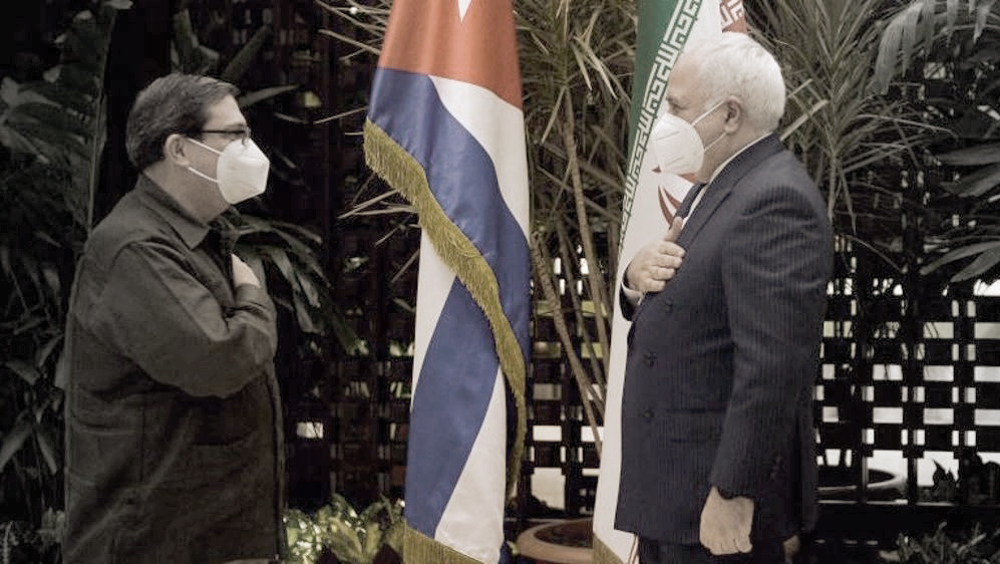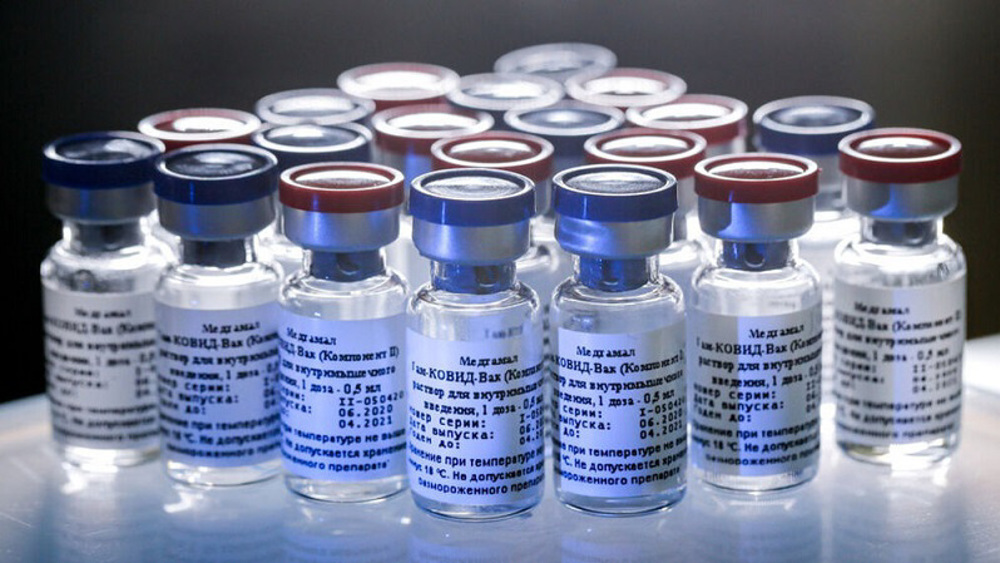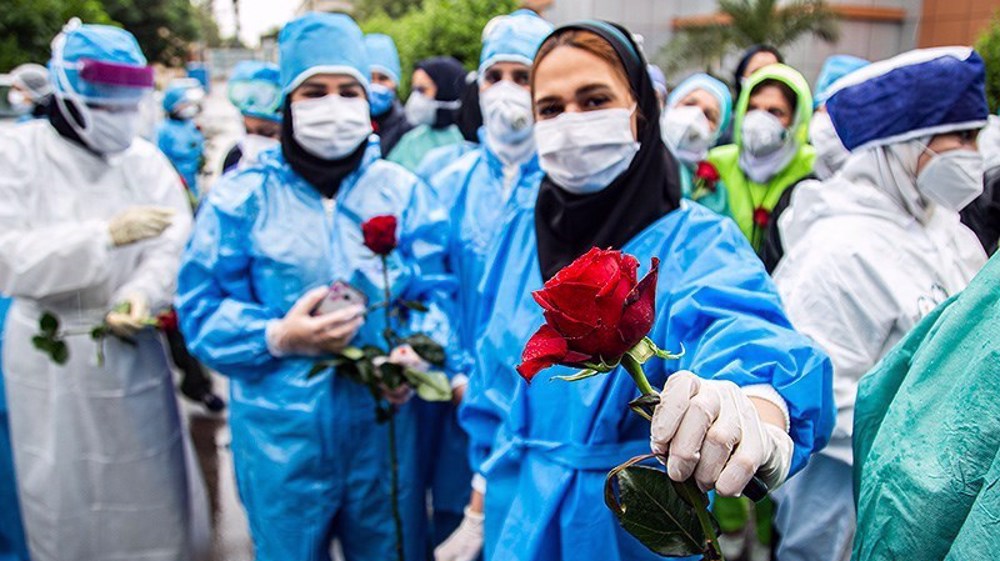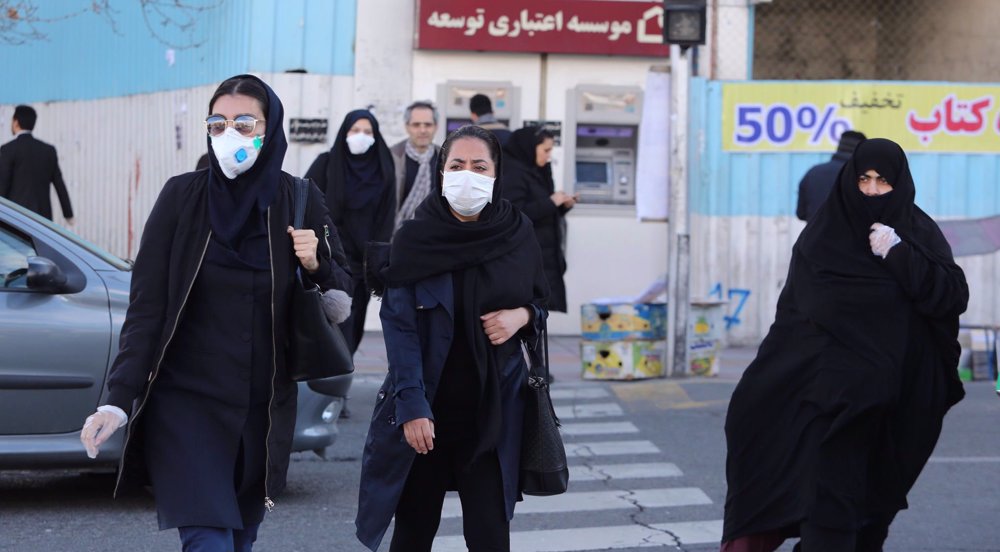Iran-Cuba vaccine cooperation sends signal of independence to White House
Iran’s cooperation with Cuba on manufacturing a COVID-19 vaccine is indicative of a strong and clear signal to Washington that its sanctions will not cripple an independent country, says an Iranian expert on geopolitics.
“By cooperating with Cuba on its ‘Soberana,’ which means ‘sovereign’ in Spanish, Iran is sending the message that it will not be crippled or coerced and that it will continue to pursue independence – the beating heart of Iran's national narrative,” TRT World cited Ghoncheh Tazmini, Iranian geopolitics expert and London School of Economics Research Fellow, as saying.
Iran and Cuba signed an agreement in January to cooperate in the coronavirus vaccine project with the use of a technology that will be transferred to Iran by the Cuban government.
The US sanctions have hampered Iran’s access to medical equipment and pharmaceuticals, complicating the process of importing vaccines from overseas.
“The possibility of a fourth wave, the problem with emerging variants, require that Iran responds quickly. However, Tehran faces impediments in importing foreign vaccines, leading the country to look beyond the ‘West,’” Tazmini said.
“‘Vaccine diplomacy’ must be seen within the larger rubric of Iran's foreign policy imperatives: fostering non-European and non-Western alliance patterns, and alignments in order mitigate external (American and European) political pressure – which in the context of a humanitarian crisis, borders on coercion.”
The vaccine is now undergoing the human phase trials by the Cuban Finlay Institute and the Pasteur Institute of Iran.
According to TRT, the Turkish state-owned news channel, the vaccine, which does not require refrigeration, is due for release in May.
Helen Yaffe, a lecturer in Economic and Social History at University of Glasgow and author of We Are Cuba!: How a Revolutionary People have Survived in a Post-Soviet World, told TRT World, “The US increased sanctions against Cuba in the hopes that it would, combined with the pandemic and economic crisis, really tip Cuba over the edge.”
“The Cuban economy has been, yes, hard hit by the pandemic as most other economies in the world. The difference is Cuba doesn’t have access to international finance, so it can’t get through an economic crisis with a loan from the IMF, the World Bank, the inter-American Development Bank – it has no lender of last resort,” Yaffe said.
The report referred to Cuba’s success in biotechnology and its experience with vaccinations, noting that Soberana 02 would also cost less than other candidates, presenting a viable solution to other Global South countries.
Iran officially began the nationwide vaccination campaign against the COVID-19 with the Russian Sputnik V vaccine in February, delivering jabs to frontline health workers in the first phase.
Iranian scientists have been working on developing domestic vaccines against the coronavirus, two of which are in the human trial phase.
The first vaccine, named 'Coviran Barekat,' was produced by experts at the Headquarters for Executing the Order of Imam Khomeini.
The second COVID-19 vaccine is a product of the Razi Vaccine and Serum Research Institute. Razi COV-Pars — an mRNA recombinant vaccine — is administered via injection and inhalation.
US 'lethal' strikes target two vessels as Trump warns of possible war with Venezuela
VIDEO | Press TV's news headlines
VIDEO | Indian leather industry eyes Russian, African markets amid US tariffs
Lavrov urges IAEA chief to adhere to neutrality, objectivity towards Iran
7 Palestinians killed after Israel strikes Gaza school
US Navy test launches replication of Iranian drone Shahed-136
Iran slams Canada’s sanctions as ‘baseless’ and ‘meddlesome’
Bangladesh deploys security forces as protests grow over killing of student leader











 This makes it easy to access the Press TV website
This makes it easy to access the Press TV website